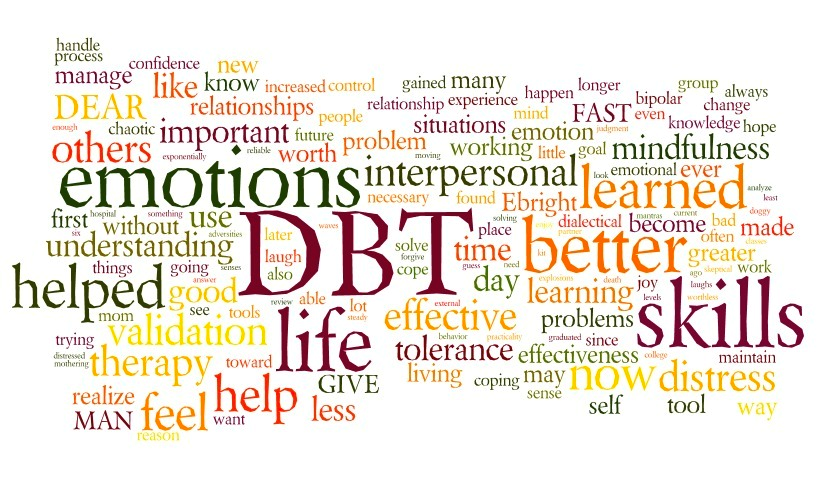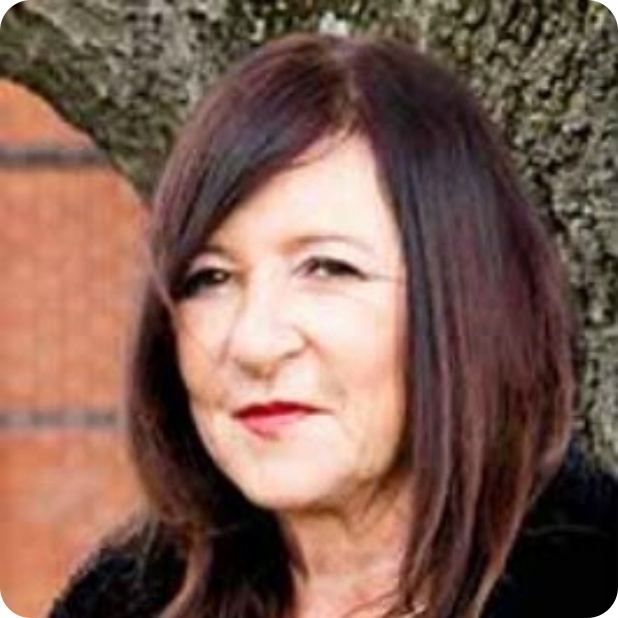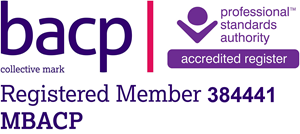DBT was developed by Dr Marsha Linehan at the University of Washington to help people who struggled with Borderline Personality Disorder (BPD), often known as Emotionally Unstable Personality Disorder (EUPD). This is often characterised by impulsive behaviour, self-harm, difficulty in interpersonal relationships and intense emotional fluctuations.
Initially recognised as the gold standard in treating those with BPD/EUPD, DBT has now proven to be more effective than traditional therapy in treating a range of issues that have difficulty in regulating emotions at their core.
DBT is a specialist Cognitive Behavioural Treatment and skillset designed for people who experience difficulties in managing or regulating their emotions, who may have found unhealthy ways of coping such as alcohol or drugs.
DBT uniquely helps us change behaviours whilst accepting that ongoing difficulties will arise.
The focus is on helping you to learn effective coping strategies:
- To deal with life on life’s terms
- To deal with distressing situations
- To regulate emotions
- To improve interpersonal relationships, and
- To be more present in your everyday life.
It is a mode of therapy that can be useful for those experiencing loss or emotional distress as well as those having difficulty with anger, isolation, relationship conflict, chaotic relationships, mood swings, or impulsive behaviours.
DBT emphasises creating a life you want to live.
Extensive research has shown that DBT skills can be applied successfully in treating conditions such as eating disorders, working with trauma self harm and addictions. The premise of DBT is that it is interactive. The therapist will do 50% of the work and the client undertakes to match this with 50% work and effort.
Throughout the therapy you are supported and encouraged to apply DBT concepts and skills to your own life.
You will be provided with worksheets, resources and short videos to be downloaded (or viewed online) and to aid your learning.
———————————————————————————————
What does “dialectic” mean in DBT?
The dialectic in DBT refers to two seemingly opposite things being true at the same time.
For example, if you accept yourself and believe you are doing the best you can, you can also believe that you need to make changes.
https://www.sciencedirect.com/science/article/abs/pii/S1077722922000438



